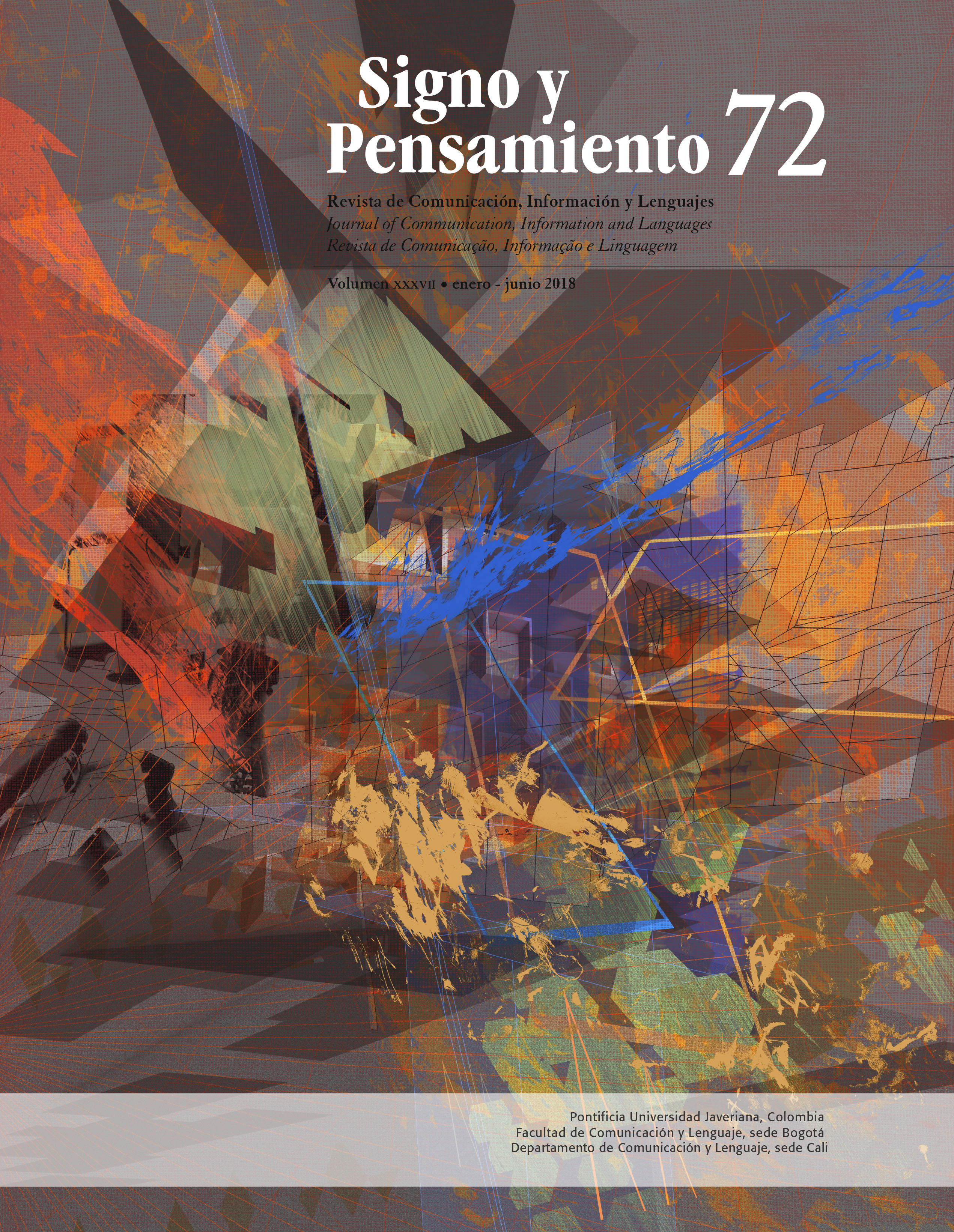Abstract
This work seeks to contribute to the understanding of the digital participation in the culture in the Cuban scenario. To do so, the main outcomes from a qualitative study on a concrete participation experience in Cuba are displayed and analyzed based on the Grounded Theory: a free software community. The research results allow to conceptualize the digital participation in the culture just in the way they occur in Cuba, i.e., a strongly contextualized process depending on the institutional environment where it is being developed. This digital participation enables a more comprehensive and productive understanding of the culture under a theoretical and conceptual view.
Bruns, A. (2013b). Exploring the Pro-Am Interface between Production and Produsage. Frontiers in New Media Research, 15, 241-258.
Delwiche, A., & Henderson, J. (Eds.). (2010). The Participatory Cultures Handbook. New York: Routledge.
Feldman, R., & Sanger, J. (2007). The text mining handbook: advanced approaches in analyzing unstructured data. Ciudad: Cambridge University Press.
Figueredo, O., & Dominguez, L. E. (2016, September 16). SNet: La primera comunidad inalámbrica en Cuba, Canal USB. Recuperado October 16, 2016, de http://www.cubadebate.cu/noticias/2016/09/16/snet-la-primera-comunidad-inalambrica-en-cuba-fotos-infografia-y-pdf/
Flick, U. (2009). An introduction to qualitative reaearch. London: Sage Publications, Inc.
Glasser, B., & Strauss, A. (1967). The discovery of grounded theory: Strategies for qualitative research. Chicago: Aldine.
Grupo de Usuarios en Tecnologías Libres [GUTL] (s.f.). Recuperado de http://gutl.jovenclub.cu
Jenkins, H. (2006). Fans, Bloggers and Gamers: Exploring Participatory Culture. New York: New York University Press.
Jenkins, H., & Couldry, N. (2014). Participations: Dialogues on the Participatory Promise of Contemporary Culture and Politics—Introduction. International Journal of Communication, 8, 1 - 6. Recuperado de http://ijoc.org/index.php/ijoc/article/view/2748/1119
Jenkins, H., Purushotma, R., Clinton, K., & Robison, A. (2009). Confronting the challenges of participatory culture: Media education for the 21st century. Cambridge: MIT Press.
Kelty, C. M. (2013). From participation to power. En N. Apellido The participatory cultures handbook (pp. 22–31). New York: Routledge.
López, H. (2014). Las comunidades virtuales de software libre en Cuba. Difusión del conocimiento libre en un entorno de baja penetración de las tecnologías de la información. En N. Apellido Bienes comunes. Espacio, conocimiento y propiedad intelectual (pp. 83–118). Buenos Aires: CLACSO.
Pertierra, A. C. (2012). If they show Prison Break in the United States on a Wednesday, by Thursday it is here: Mobile media networks in twenty-first-century Cuba. Television & New Media, 13(5), 399–414. https://doi.org/10.1177/1527476412443564
Rodríguez, F. A., López, M. M., Fournier, A. B., Puig, P. E. M., García, H. L., Petierra, A. C., Fernández, Y. A. (2016). Copia y comparte. Visiones sobre las prácticas de circulación y consumo de bienes culturales en entornos no institucionales en Cuba//Copy and share. Visions around practices circulation and consumption of cultural goods in non-institutional environments. Revista Cubana de Información Y Comunicación, 5(10), 143–170. Recuperado de http://www.alcance.uh.cu/index.php/RCIC/article/view/71/71
Silva, M. R. (2014). La hora de los desconectados : evaluación del diseño de la política de “acceso social” a internet en Cuba en un contexto de cambios.. Crítica Y Emancipación, VI(11), 291-377. Recuperado de http://www.biblioteca.clacso.edu.ar/ojs/index.php/critica/article/view/30
This journal is registered under a Creative Commons Attribution 4.0 International Public License. Thus, this work may be reproduced, distributed, and publicly shared in digital format, as long as the names of the authors and Pontificia Universidad Javeriana are acknowledged. Others are allowed to quote, adapt, transform, auto-archive, republish, and create based on this material, for any purpose (even commercial ones), provided the authorship is duly acknowledged, a link to the original work is provided, and it is specified if changes have been made. Pontificia Universidad Javeriana does not hold the rights of published works and the authors are solely responsible for the contents of their works; they keep the moral, intellectual, privacy, and publicity rights.
Approving the intervention of the work (review, copy-editing, translation, layout) and the following outreach, are granted through an use license and not through an assignment of rights. This means the journal and Pontificia Universidad Javeriana cannot be held responsible for any ethical malpractice by the authors. As a consequence of the protection granted by the use license, the journal is not required to publish recantations or modify information already published, unless the errata stems from the editorial management process. Publishing contents in this journal does not generate royalties for contributors.



